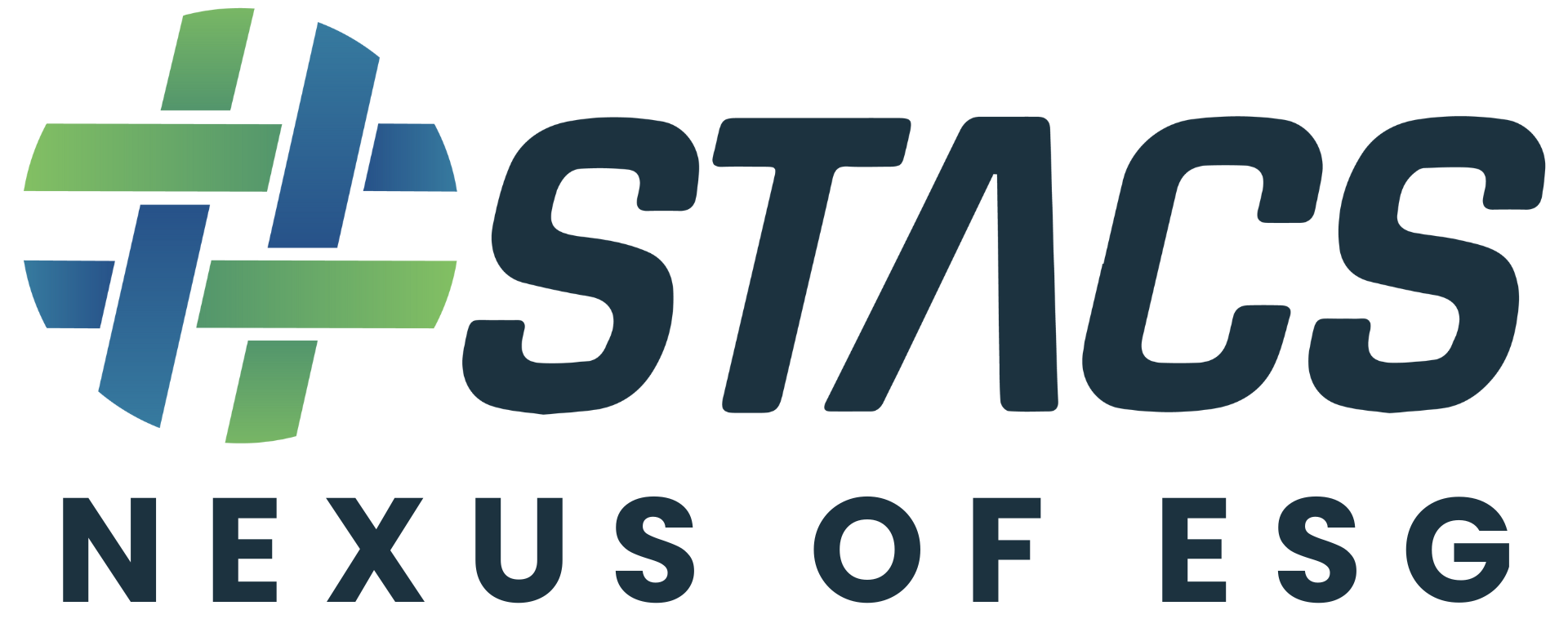Objectives
The Board of Directors (‘BOD’) is the driving force of the organization. Its roles and duties are to set strategies and policies pertaining to business operation of the company. It must perform its duties responsibly, carefully, and loyally in order to maximize the Company’s own benefit and act in fairness to all Shareholders & Stakeholders, according to the principles of good corporate governance.
The BOD has thus resolved to adopt this Charter of the Board of Directors so that every Director is aware of his/her duties and responsibilities and performs them correctly and completely.
Roles and Responsibilities
The BOD’s roles and responsibilities are as defined as follows:
- To adhere to relevant obligations under prevailing laws and regulations, including the Companies Act (Chapter
50) of Singapore Statutes (the “Companies Act”), and all relevant regulations and notices from MAS in event of
future licensing. - To perform one’s duties, whether statutory, fiduciary or under common law, faithfully, efficiently, and
diligently to a standard commensurate with Singapore Institute of Directors (“SID”) published standards.
(Special areas of key duties being: Disclosure of Material Interest in Transactions; Act with Due Care & Skill;
Avoid Conflicts of Interests and Use of Powers Legitimately). - To build a sound, strong and prudent management team whose leadership and BOD guidance will steer the Company
towards continuous growth, maximising shareholders’ value and attaining success. - To provide oversight to the Risk Management Committee.
- To oversee and support the creation of innovations that create value for the Company as well as all
Shareholders. - To ensure the Board receives up to date financial statements and disclosure of material information are
accurate, sufficient, and timely and meet compliance regulations and guidelines where applicable to its business
nature. - To be a platform to receive and handle complaints from informants or stakeholders for wrongful acts of any
nature. - To develop Director’s own knowledge and competency related to their duties consistently through courses or
curricula related to directorial duties or seminars that enhance their knowledge.
The Senior Management team’s roles and responsibilities are as defined as follows:
- To establish the Vision, Mission, set the right compliance culture and have plans and business strategies for the Company.
- It has the ultimate responsibility for ensuring an effective system of internal controls over all the operational, financial, legal and IT aspects of the company.
- To guide respective Department Heads to meet their respective KPIS and build a profitable company, a long sustainable business backed by satisfied clients, low turnover productive employees force which all contributed to maximizing returns for shareholders/investors.
- It has the ultimate responsibility for the Company’s Internal Control Framework.
- The Managing Director/Chief Office Executive is accountable for oversight of internal control by establishing policies and expectations of conduct, setting the tone at the top and managing risk in the company. He/She is also responsible for ensuring necessary controls and treatment plans are in place to effectively manage risk.




